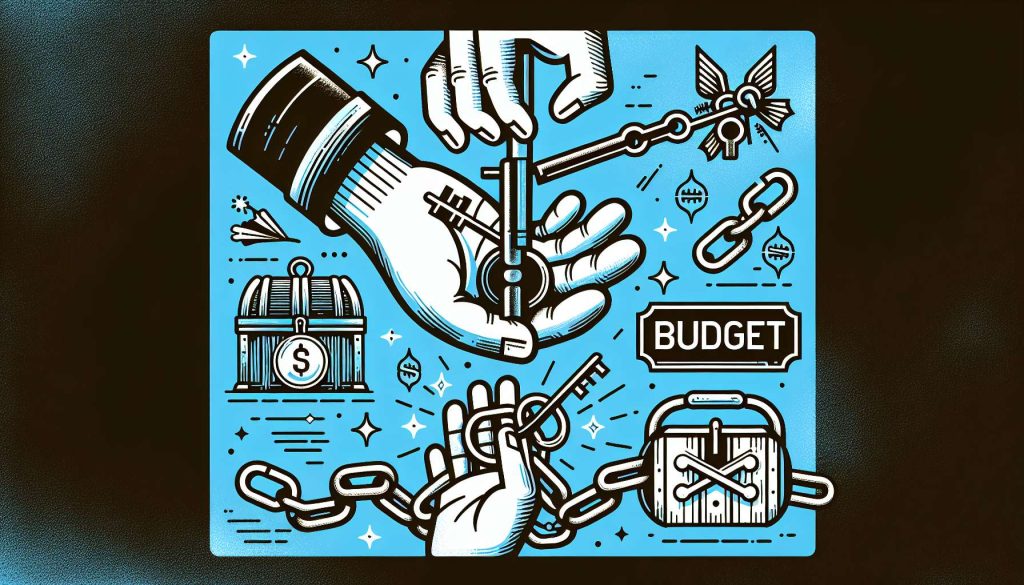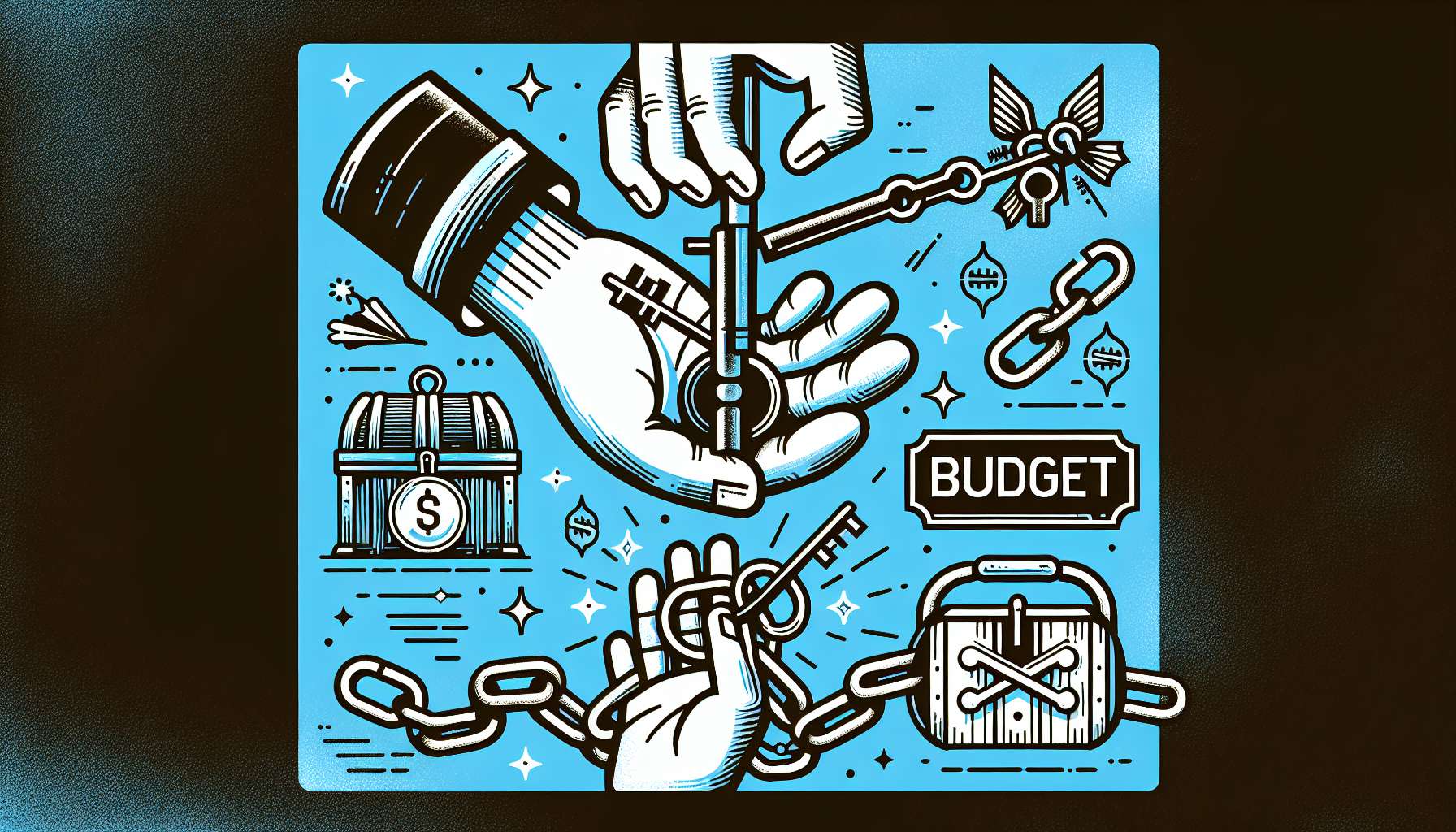Master Your Budget: Unlock the Door to Financial Freedom


**Mastering the Art of Budgeting: Your Key to Financial Freedom**
Anúncios
In a world where financial stability often seems elusive, budgeting emerges as a vital skill. With the cost of living rising and unforeseen expenses lurking, financial management becomes essential. Budgeting isn’t merely balancing earnings and expenses; it’s about shaping habits and securing a more stable future. Whether you’re financially savvy or just starting out, embracing budgeting is crucial for overcoming financial hurdles.
The ability to budget effectively can transform anxiety about money into confidence. As you gain control over your finances, you can anticipate unexpected costs and make informed decisions. Budgeting involves understanding your financial behavior and aligning it with your goals. Whether saving for a holiday or preparing for retirement, budgeting serves as an invaluable tool in reaching financial freedom and independence.
Mastering budgeting begins with awareness of income and expenditure. By tracking what you earn and spend meticulously, you lay a foundation for managing money purposefully. This process is not just about arithmetic but also analyzing habits, making adjustments, and setting realistic goals. The art of budgeting offers insights that aid in living within one’s means and planning for future needs.
The Basics of Budgeting
Budgeting hinges on understanding where your money comes from and where it goes. Start by tracking all sources of income and expenses. Identify all paychecks and additional revenues, from freelance gigs to rental income. Categorize every outlay, distinguishing among essentials like groceries, utilities, and transport. Utilize tools like budgeting apps or spreadsheets for efficiency, making data easy to access and manage.
Setting financial goals is as important as tracking expenses. Align your budget with both short-term and long-term objectives. Whether setting up an emergency fund, paying off a mortgage, or saving for travel, defining these targets prioritizes spending. This clarity helps manage the money you have, fostering informed financial decisions and reducing impulse expenditures.
Crafting a budget involves applying straightforward techniques like the 50/30/20 rule. Distribute your income such that 50% covers needs, 30% is for wants, and the remaining 20% goes for savings and debt repayment. This method emphasizes living within your limits while still allowing enjoyment and future preparation. Adjust the percentages if necessary but maintaining balance remains crucial.
Budgeting requires flexibility, given the unpredictable nature of life. Review and adapt your budget regularly to account for changes such as job shifts or emergencies. Staying adaptable ensures that your financial plan remains relevant and effective, ultimately fostering resilience in managing life’s financial surprises. This ongoing reassessment is key to sustainable budgeting success.
Common Budgeting Pitfalls and How to Avoid Them
Avoid common budgeting mistakes like underestimating expenses. Carefully note annual or unforeseen costs, including subscriptions or insurance. Allocate funds for miscellaneous expenditures to prevent surprises. Overlooking these factors can derail a budget quickly, so preparation is necessary to ensure that your plans remain on track and comprehensive.
Additionally, it’s crucial to prioritize saving. Often neglected, savings act as a financial security blanket, crucial for long-term well-being. Automate transfers to a savings account, treating them as essential expenditures. Doing so not only builds security for unforeseen events but also aids in accumulating wealth over time, reinforcing financial health and stability.
Reaping the Benefits of a Well-Managed Budget
Einstein famously noted the power of compound interest, which resonates in budgeting. Creating and maintaining a sound budget establishes financial independence. With budgeting, you not only control your immediate spending but systematically build a financial cushion. Less reliance on loans and clearer investment plans emerge as pivotal benefits, resulting in increased self-reliance.
Budgeting also brings peace of mind. Knowing exactly how budgets are allocated lowers stress and promotes serenity. The transparency and confidence that accompanies a structured financial plan equate to better mental health, less worry about monetary matters, and an overall serene financial outlook, enhancing quality of life significantly.
In conclusion, budgeting is more than an exercise in numbers—it’s a lifestyle adjustment offering clarity, assurance, and control. By being proactive in managing money, setting goals, and embracing resources, a transition from financial uncertainty to freedom is achievable. Start your journey today, seize control, and observe as a secure financial future unfolds, filled with promise and ease.





